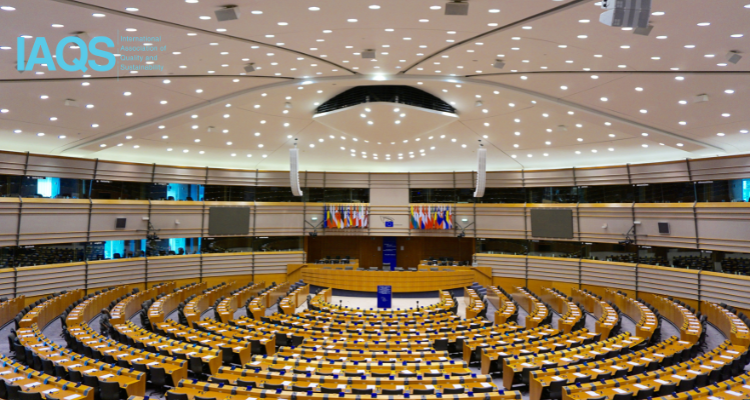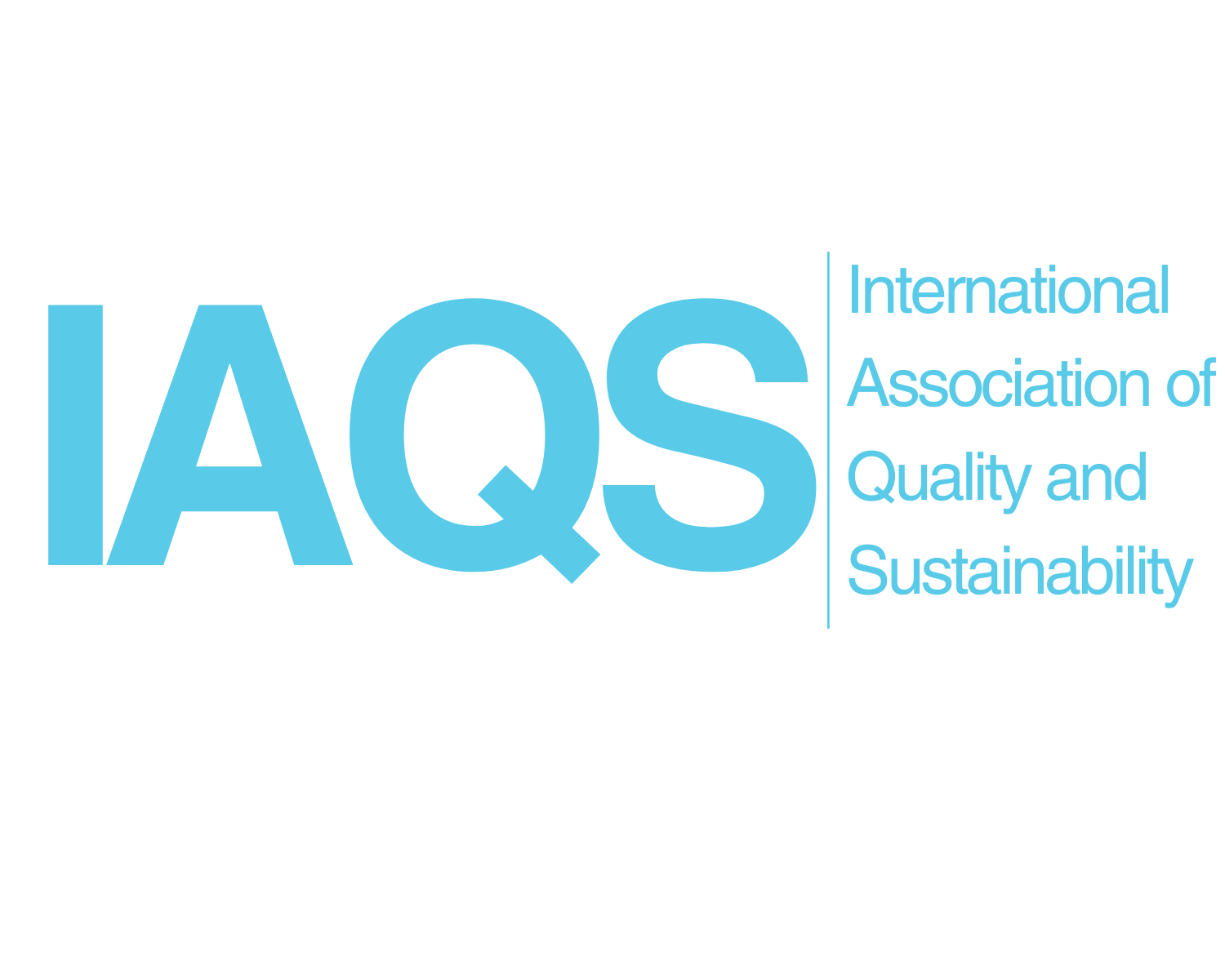Challenges of the European Green Deal and the Role of CBAM

The European Green Deal represents a comprehensive and ambitious plan aimed at making Europe the first climate-neutral continent by 2050. This transformative agenda includes a wide range of policies and measures designed to reduce greenhouse gas emissions, promote renewable energy, and foster sustainable development. However, implementing the European Green Deal comes with significant challenges that must be addressed to achieve its objectives.
One of the primary challenges is the economic impact on industries and businesses. Transitioning to a green economy requires substantial investments in new technologies and infrastructure. Many companies, particularly in energy-intensive sectors, face the risk of increased operational costs and potential loss of competitiveness. To mitigate these effects, the European Union has introduced the Carbon Border Adjustment Mechanism (CBAM).
CBAM aims to prevent carbon leakage by ensuring that imported goods are subject to the same carbon pricing as products produced within the EU. This mechanism is designed to level the playing field and incentivize global industries to adopt more sustainable practices. While CBAM addresses the competitiveness issue, it also poses challenges related to its implementation and compliance. Ensuring accurate carbon content measurement and preventing trade disputes require robust regulatory frameworks and international cooperation.
Another significant challenge of the European Green Deal is the social impact. The transition to a greener economy must be inclusive and equitable, ensuring that all regions and communities benefit from sustainable development. This requires policies that support job creation in green sectors, provide training and reskilling opportunities, and offer social protection measures for those affected by the transition. Balancing environmental goals with social equity is crucial for the long-term success of the Green Deal.
Additionally, technological innovation plays a vital role in overcoming the challenges of the European Green Deal. Developing and deploying cutting-edge technologies for renewable energy, energy efficiency, and carbon capture are essential for achieving climate neutrality. However, fostering innovation requires supportive policies, investment in research and development, and collaboration between public and private sectors. Overcoming these challenges is critical to ensure that the European Green Deal delivers on its promises.
In conclusion, while the European Green Deal sets a visionary path towards a sustainable future, it faces numerous challenges that must be navigated carefully. The introduction of CBAM is a strategic move to address competitiveness concerns, but its successful implementation hinges on effective regulation and international cooperation. Addressing the economic, social, and technological challenges will require concerted efforts from all stakeholders. By tackling these obstacles, Europe can lead the way in global climate action and set an example for the rest of the world.

